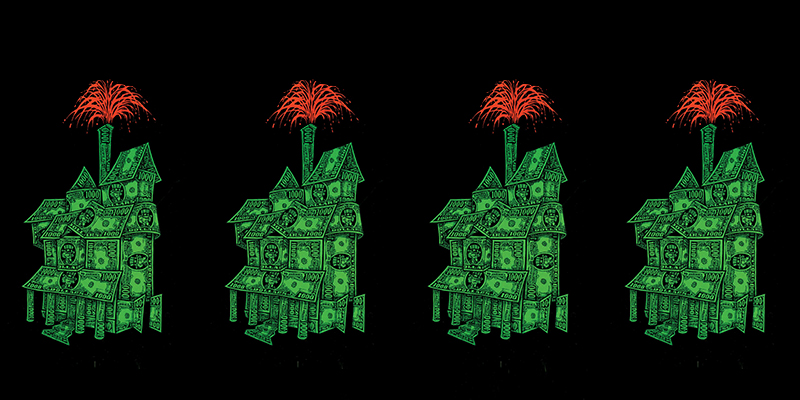You read that right.
According to Emma Kantor at Publishers Weekly, the estate of Ellen Raskin, the Newbury Award-winning author of The Westing Game who died in 1984 at age 56, has been acquired by the group International Literary Properties. The organization has confirmed that there are two unpublished mystery novels in Raskin’s papers, another standalone puzzle mystery called A Murder for Macaroni and Cheese, and a sequel to the greatest children’s mystery novel of all time, The Westing Game.
The agent for the Raskin estate, John Silbersack of the Best Agency, notes “We are not only three years shy of the 50th anniversary of The Westing Game, but also of the 100th anniversary of Ellen’s birth, so what better time to begin preparation for what we hope will be an extended celebration?”
I agree with this sentiment wholeheartedly.
Silbersack notes that the manuscripts are still technically unfinished, meaning the Estate is looking for collaborators to help polish them up.
“…She had been working on—and had very nearly completed—a marvelous new story, very much in the vein of The Westing Game, titled A Murder for Macaroni and Cheese. Ellen’s practice was to rewrite and re-edit each prior chapter on the completion of a new chapter, so the earliest sections of the book were pored over time and again, while the very final chapters were more sketched out…. Ellen’s daughter, Susan, devoted herself to ‘solving’ the mystery and tying up all the loose ends, and the manuscript awaits a final polish and a worthy collaborator to bring it to a finale, which is at the top of our to-do list.”
He added, regarding the Westing Game sequel, “Crafting a follow-up to one of the most beloved titles of all time is no small task. In conjunction with ILP, we’re currently in the process of bringing in another iconic middle grade author to work with us on this eagerly anticipated literary event. Watch this space!”
We will watch it, indeed.
I cannot overstate the significance of this find. As I wrote in October 2020, analyzing The Westing Game as a ghost story,
…”In The New Yorker, Jia Tolentino wrote about how The Westing Game satirizes capitalism in America, analyzing the deceased figurehead in the vein of another (real) Wisconsin immigrant-turned-industrialist, John Michael Kohler, whose belief in the American Dream was his undoing. She also reads the novel as a commentary on the death of Howard Hughes, whose own passing in 1976 (the year Raskin began writing the novel) brought about a will contestation that shocked the nation, with a fraudulent heir making a play for a chunk of his fortune.
Article continues after advertisement“In 2018, Columbia University English professor and Co-Editor-in-Chief of Public Books Nicholas Dames analyzed another facet, writing for that publication about The Westing Game’s complex experiments with form—packed full of riddles and puzzles, it is a novel that you must play, a game that you must read.
“But it’s so much more, too. It folds and unfolds its stories, rearranges the alliances and alignment of its sixteen main characters, rather like a Rubik’s Cube. Containing multitudes, it can become an entirely new thing, when looked at from a new angle. It is a murder mystery, a tribute to American labor history, a farcical indictment of capitalism, a book of riddles, a large-scale family drama, a bildungsroman, etc. And it is also, in its way, a ghost story. But not a kind of ghost story you’ve ever read before.”
I first read The Westing Game late, in Middle School. I first heard of it in fifth grade, but never got around to reading it. I picked it up, a little older, because I was curious about what I had missed. And, it is not an overstatement to say that it changed my life.
My sister and I read The Westing Game every year, and we still find things that we never noticed, clues we never found before. It is the eternal puzzle, an enormous, complex, joyful mystery. Even without a sequel, it continues on and on and on.
But that doesn’t mean we won’t eagerly await the next installment, when it finally comes out.

















